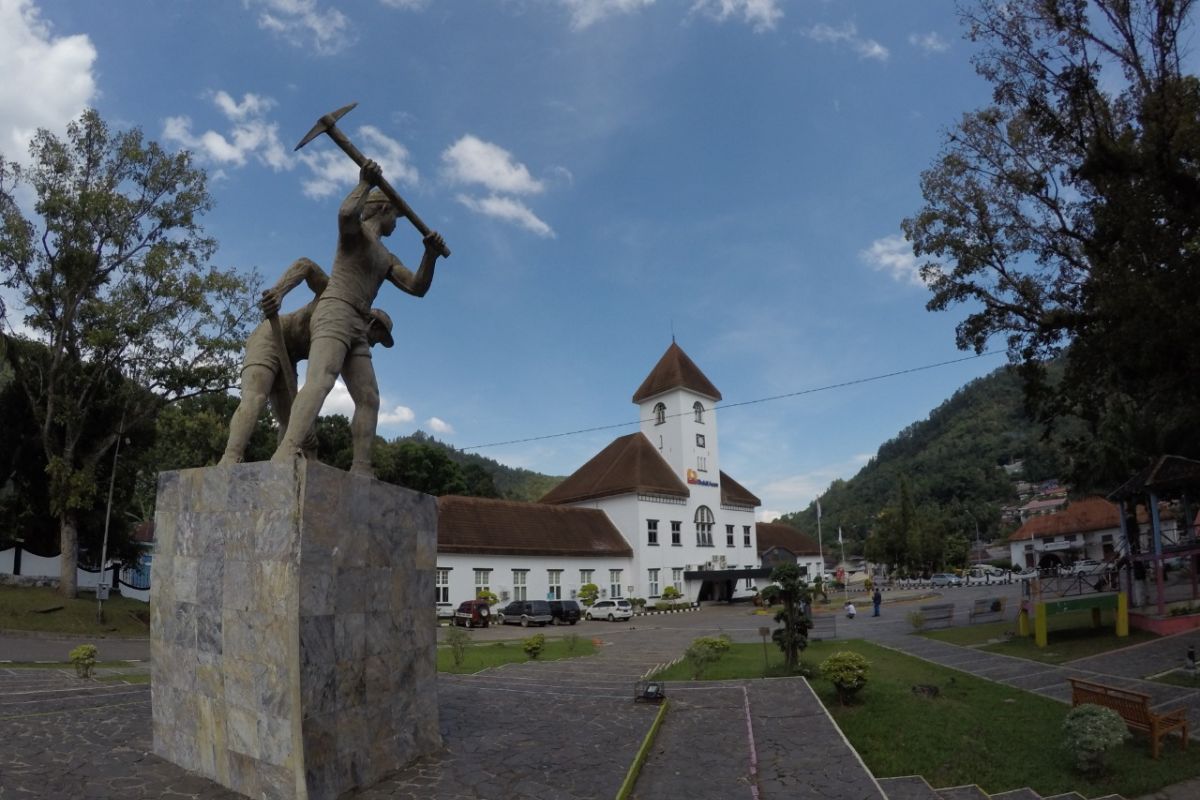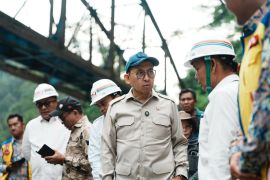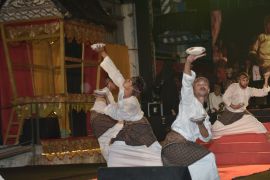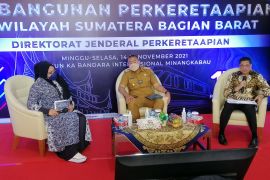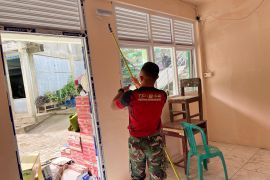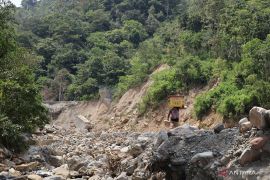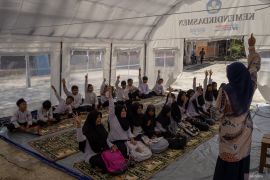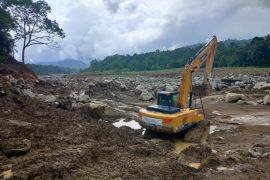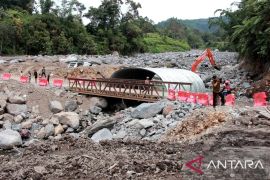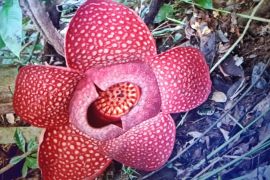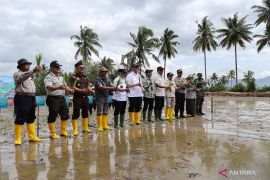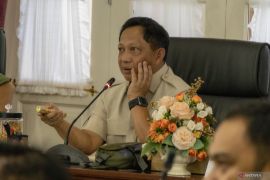The Ombilin Coal Mining Heritage of Sawahlunto located in West Sumatra Province is one of the seven cultural sites added to UNESCO's list along with the Archaeological Ruins of Liangzhu City in China; Jaipur City in Rajasthan, India; Budj Bim Cultural Landscape in Australia; Dilmun Burial Mounds in Bahrain; Mozu-Furucihi Kofun Group: Mounded Tombs of Ancient Japan; and Megalithic Jar Sites in Xiengkhuang-Plain of Jars in Laos.
Built for the extraction, processing, and transport of high-quality coal in an inaccessible region of Sumatra, Ombilin was developed by the Netherlands’ colonial government from the late 19th to the start of the 20th century, with a workforce recruited from the local population and supplemented by convict labor from Dutch-controlled areas.
It constitutes the mining site and company town, coal storage facilities at the port of Emmahaven, and the railway network linking the mines to the coastal facilities.
West Sumatra has, so far, gained popularity for the international sports tourism event of Tour de Singkarak (TdS). Hopes are pinned on the Ombilin Coal Mining Heritage of Sawahlunto further drawing global attention to the province.
West Sumatra Governor Irwan Prayitno, present at the Baku meeting, affirmed that it should be a matter of immense pride for the province's people that Ombilin was declared a world cultural heritage.
The West Sumatra Tourism Office has praised Ombilin's inscription on the list and is buoyant that it can help promote Sawahlunto as a tourist destination internationally.
“After Ombilin being declared a World Heritage site, several people will attempt to know more about it. This will help to effectively promote not only Sawahlunto but also West Sumatra, in general,” Ony Yulfian, head of the West Sumatra Tourism Office, had stated on July 8, 2019.
Yulfian is optimistic of achieving the target set to attract over 57 thousand foreign tourists and over 8.4 million domestic tourists this year.
Sawahlunto City was nominated for the UNESCO's tentative list of world cultural heritage sites in 2015. Since then, protracted discussions had been held with domestic and foreign experts and academics in a bid to gather data and draft supporting documents.
The government will shortly set up an Ombilin Sawahlunto management body and prepare necessary measures to ensure effective protection of the area, Hilmar Farid, the Education and Culture Ministry's Director General for Culture, stated.
Ombilin will be safeguarded from illegal mining activities, he had remarked on July 7, 2019, while speaking in connection with a call by the Indonesian Environmental Forum (Walhi) for total cessation of mining activities in Sawahlunto and the adjoining areas.
PT Bukit Asam coal mine company had stopped operations in Ombilin, though illegal miners continue to exist in the area. He called for the need to offer better protection to Ombilin after being included on the World Heritage List. Furthermore, UNESCO will conduct routine checks and evaluation of the government's management of Ombilin, he added.
"If we are not smart or continue to violate the management regulations, it could be included on the list of World Heritage in Danger, and if we ignore it, it could be omitted from the World Heritage List," he emphasized.
Thus, after Indonesia proposed Ombilin to be included on the World Heritage List and it was accepted, the government should take stock of the situation by banning illegal mining activities in the area.
Walhi has appealed to the government to put a halt to mining activities around Sawahlunto town.
"Being a World Heritage site, Sawahlunto's environment should be improved by banning all illegal gold mining activities today being conducted on an extensive scale in rivers and areas that are, in fact, the main gates into Sawahlunto,” Uni Chaus, executive director of Walhi's West Sumatra office, stated.
If the government is keen to develop tourism in Ombilin, it should put a total end to all mining activities, as they can harm the environment, trigger land claim conflicts, and tarnish Sawahlunto's image as a safe and nice tourist destination, she cautioned.
Walhi's data indicated that 13 mining permit holders continue to actively operate in Ombilin.
The environmental NGO also appealed to shut down a steam power plant in Sijantang, Talawi Sub-district, Sawahlunto, for producing fly ash and bottom ash that pollute the environment.
The pollution contributes to emission that can worsen the impacts of climate change, and this can be contrary to the outstanding universal value that should be reflected by the World Heritage site, she stated.
Director of Cultural Heritage and Diplomacy of the Education and Culture Ministry Nadjamuddin Ramly had told the press on July 6 that Ombilin's nomination process had led to a proposal to expand the nomination theme to strengthen outstanding universal value.
The expansion of the nomination theme has had an impact on the expansion of nomination areas by combining several cities and districts, including the Padang, Padang Panjang, and Solok municipalities and Solok, Padang Pariaman, and Tanah Datar districts in West Sumatra, into one nomination territory called "Ombilin Coal Mining Heritage of Sawahlunto."
Indonesia's four sites, so far, inscribed on UNESCO's World Natural Heritage Site List are the Komodo National Park designated in 1991, Lorentz National Park in 1999, Sumatra Tropical Forest in 2004, and Ujung Kulon National Park in 1991.
Indonesia's cultural sites inscribed on the List of World Cultural Heritage Sites are the Borobudur Buddhist Temple and Prambanan Hindu Temple in 1991, Sangiran archaeological excavation site in 1996, and Bali's traditional subak farming and irrigation system in 2012.
Related news: Govt to ensure effective protection of Ombilin World Heritage site
Editor: Rahmad Nasution
Copyright © ANTARA 2019
